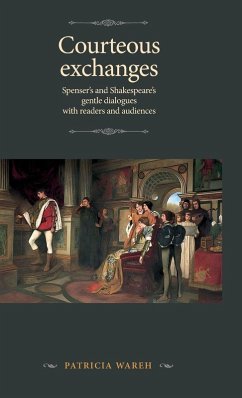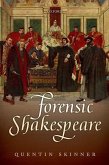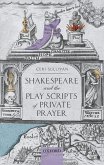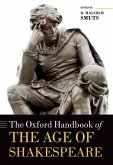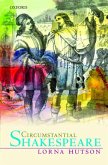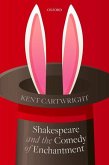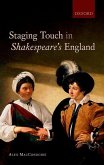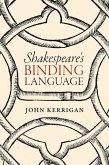Courteous Exchanges demonstrates the importance of courtesy as a discourse shaping reader and audience experiences in the English Renaissance. It focuses on significant correspondences between the works of Spenser and Shakespeare, but it also considers how Castiglione's Book of the Courtier provided these two authors with a rich mine of concepts and vocabulary and a predecessor in the art of encouraging reader engagement in these terms of analysis. Wareh analyses Love's Labour's Lost, Much Ado About Nothing, The Merchant of Venice, and The Winter's Tale in tandem with The Faerie Queene, examining how such topics as education, gender, religion, race, and aristocratic identity are offered up to reader and audience interpretation. She suggests that Renaissance audiences and readers, through the reflections and responses provoked by this process, were led into a recognition of their overlapping roles as judges of texts and people. The habits of thought they thus developed supported a critical evaluation of the cultural fiction of inherited gentility and the social performance of courtesy that supports it. The book offers up novel connections between Spenser and Shakespeare, demonstrating that their works contributed to the social construction of Renaissance aristocratic identity, but they also provided tools for its critique.

